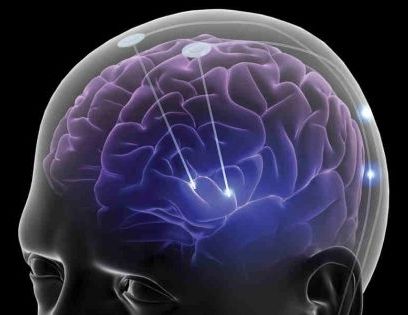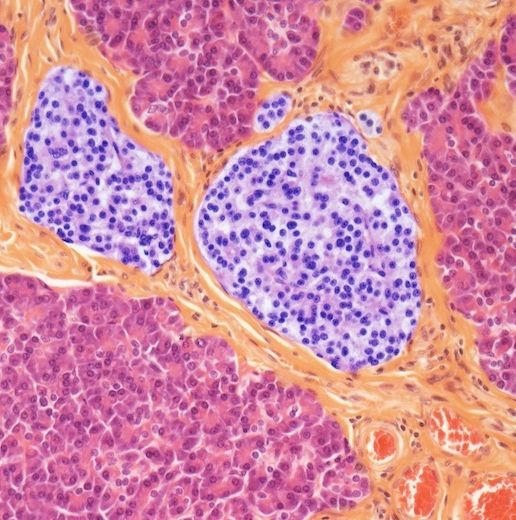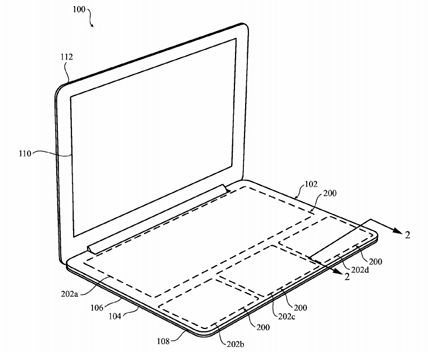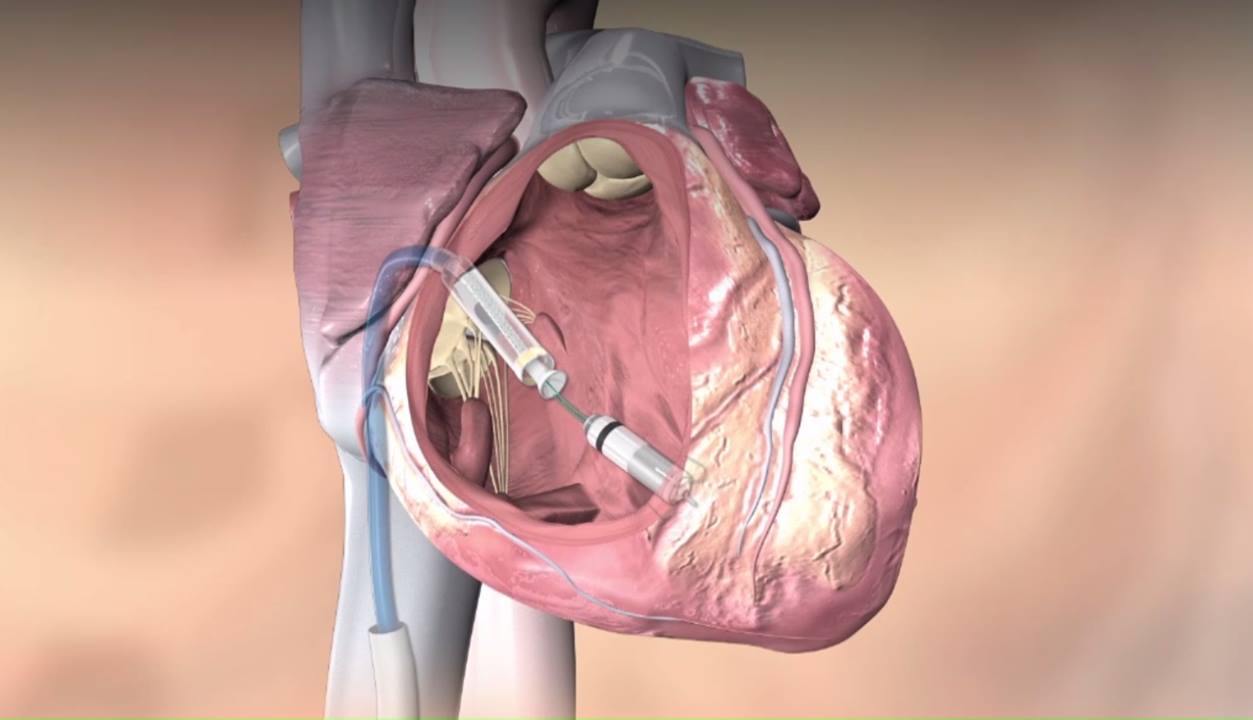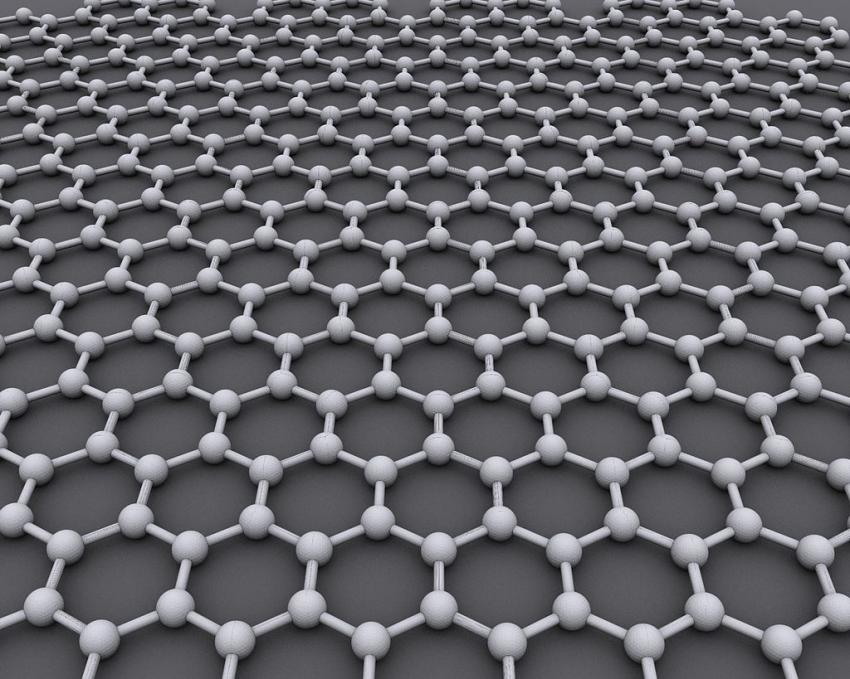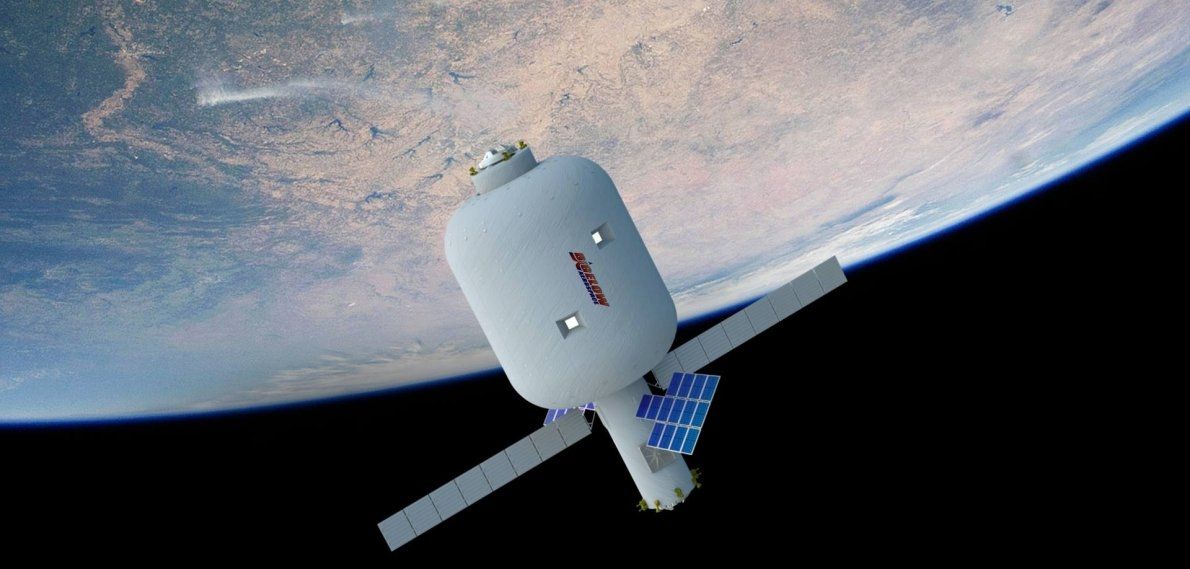Page 11266
Apr 15, 2016
New Device Can Ease Chronic Pain Without Drugs, Thanks to Brain Stimulation
Posted by Shailesh Prasad in categories: biotech/medical, neuroscience
This new method of pain treatment can prevent risky side-effects such as addiction, dependence, and overdose-related deaths — and it does so using electricity.
Abuse of prescription pain killers or opioid medicines is common. But then again, how else can you treat chronic pain? Unfortunately, addiction is a terrible side-effect that can lead to overdose-related deaths.
But now a research team from the University of Arlington seems to have found a better and more efficient solution: Electrical stimulation.
Continue reading “New Device Can Ease Chronic Pain Without Drugs, Thanks to Brain Stimulation” »
Apr 15, 2016
They Built the Single-Atom Engine And It Actually Works
Posted by Shailesh Prasad in category: particle physics
Apr 15, 2016
Insulin-producing cells created in the lab
Posted by Shailesh Prasad in category: biotech/medical
Stem cell discovery could transform the treatment of type 1 diabetes. Bill Condie reports.
A micrograph of a section through the human pancreas shows the central purple “Langerhans islets”, which contain the cells that produce hormones including insulin. The surrounding exocrine tissue produces digestive enzymes. Credit: STEVE GSCHMEISSNER /Getty Images.
Scientists have for the first time created insulin-producing cells in the laboratory, a discovery that could transform the way we treat diabetes.
Continue reading “Insulin-producing cells created in the lab” »
Apr 15, 2016
Apple files patent for haptic touch laptop keyboard
Posted by Shailesh Prasad in categories: computing, futurism
A new patent filed by Apple could offer a glimpse into the future of MacBook design, and it would be a much less tactile experience. The patent for a “Configurable Force-Sensitive Input Structure for Electronic Devices” was filed in September 2014 and was made available to the public last week. It describes a haptic-powered touch keyboard for devices like laptops. Such a device wouldn’t have any physical key switches, just a touch-sensitive layer with virtual keys.
The system would essentially consist of a large metal contact layer with the ability to sense not just touches, but the amount of force applied — 3D Touch, basically. The user would tap a key, which is really just a configurable area of the surface, and they get a haptic jolt to simulate pressing a key. The array of keys on the virtual keyboard would be marked by a light guide shining up from underneath.
Apple files patents on plenty of things that never see the light of day, but this seems like something it might want to use. Of course, that assumes it can get anywhere close to a real typing experience in terms of speed and accuracy. The company is constantly trying to slim down its MacBooks, to the point that it went all-in with USB Type-C on the latest MacBook Air. The keyboard is one of the thickest single components of the device now. If the physical keys could be done away with, the computer could approach tablet levels of thinness.
Continue reading “Apple files patent for haptic touch laptop keyboard” »
Apr 15, 2016
Mercedes Self Driving Car Real Roads Demo Full Journey 2015 Video Driverless S Class W222 CARJAM TV
Posted by Shailesh Prasad in categories: computing, robotics/AI, transportation

CARJAM TV — Subscribe Here Now https://www.youtube.com/user/CarjamRadio/videos
Like Us Now On Facebook: http://www.facebook.com/CarjamTV
For The World’s Best Car Videos.
Website: http://www.carjamtv.com
Mercedes S Class Driverless Car Is Here 2015 Commercial Self Driving Mercedes S Class W222. As the inventor of the automobile, Mercedes-Benz natural assumes a pioneering role where autonomous driving is concerned. The declared aim is to develop the automobile further, from a self-moving (“automobile”) vehicle to an independent (“autonomous”) vehicle. In its research and development activities, Mercedes-Benz goes well beyond purely technical realisation of automated driving and anticipates various scenarios.
Apr 15, 2016
Graphene is both transparent and opaque to radiation
Posted by Shailesh Prasad in categories: internet, materials
A microchip that filters out unwanted radiation with the help of graphene has been developed by scientists from the EPFL and tested by researchers of the University of Geneva (UNIGE). The invention could be used in future devices to transmit wireless data ten times faster.
EPFL and UNIGE scientists have developed a microchip using graphene that could help wireless telecommunications share data at a rate that is ten times faster than currently possible. The results are published today in Nature Communications.
“Our graphene based microchip is an essential building block for faster wireless telecommunications in frequency bands that current mobile devices cannot access,” says EPFL scientist Michele Tamagnone.

